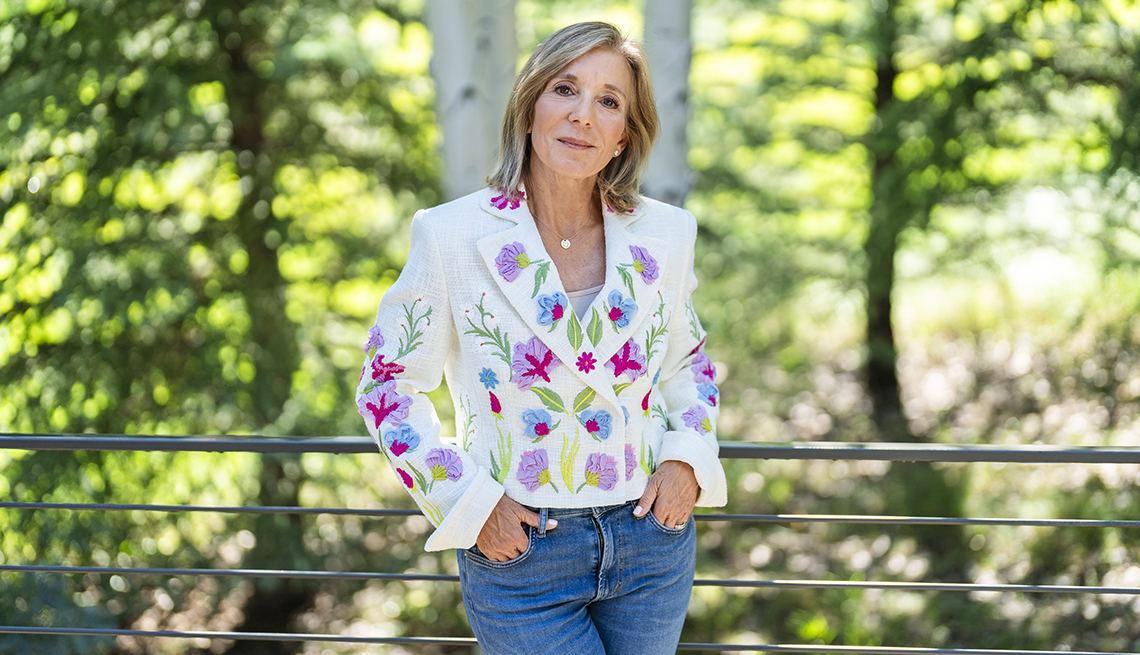
Daughter shares ups and downs of dementia caregiving
- Select a language for the TTS:
- UK English Female
- UK English Male
- US English Female
- US English Male
- Australian Female
- Australian Male
- Language selected: (auto detect) - EN
Play all audios:

We knew something was wrong with my mother, but we didn’t know exactly what. Raised in a big, boisterous Puerto Rican family, she had always been vivacious and warm — an involved,
affectionate parent to my sister and me. But soon after she retired at age 67 from her career at a pharmaceutical company, Mom started acting differently. After decades of weekly salon
visits, she let her hair grow, and her nails were a mess. Her apartment in San Juan grew ever more cluttered. And she had started to withdraw. In 2014, I told her I was having surgery and
asked her to come to Miami to help out for a few days — a request she ordinarily would have leapt at. “I can’t,” she said. “I have my dog.” That was not the mother I knew. In 2015, my
sister, Debbie, and I took her to a neurologist. After examining Mom, he told her, with an amount of levity that hurt and offended me, that she had dementia and should just go out drinking
with her girlfriends. That wasn’t our plan, but Debbie and I knew that we needed one. We had to figure out how we would help and interact with Mom during her illness. Although we have made
mistakes along the way, we have also learned a great deal about caring for a loved one with dementia that might be useful to others starting down the same difficult path. MEET THEM WHERE
THEY ARE Something I needed to learn early on was to let my mother be herself — her _current_ self. For example, I had wanted her to exercise to preserve her muscle tone and bone strength.
Mom was not on board. I would fret about how to get her to work out until my husband, Seth, said, “You’re asking a person who just lost their leg to run a marathon. You can’t do that. She’s
a different person now.” I had to let go of some of the goals I had for her. Part of letting Mom be herself was recognizing when her reality was different from ours. When someone is having a
delusion because of dementia, you’re not going to talk them out of it. Instead, we learned to meet Mom in her reality when we could. There’s no harm in playing make-believe sometimes. It
can even be a way of connecting. SURROUND THEM WITH LOVE One of Seth’s granddaughters, Gracie, was 2 years old when my mother was diagnosed. She and my mom were best buddies. So we watched
Gracie growing as my mother’s disease was progressing, and when Gracie was 5 or 6, the two sort of traded places in their relationship. Some might assume that exposing children to adults
with brain disorders would be too confusing for the kids, but that has not been our experience. My mother adores children, and including her in family activities has been a source of delight
and even magic for us all.
